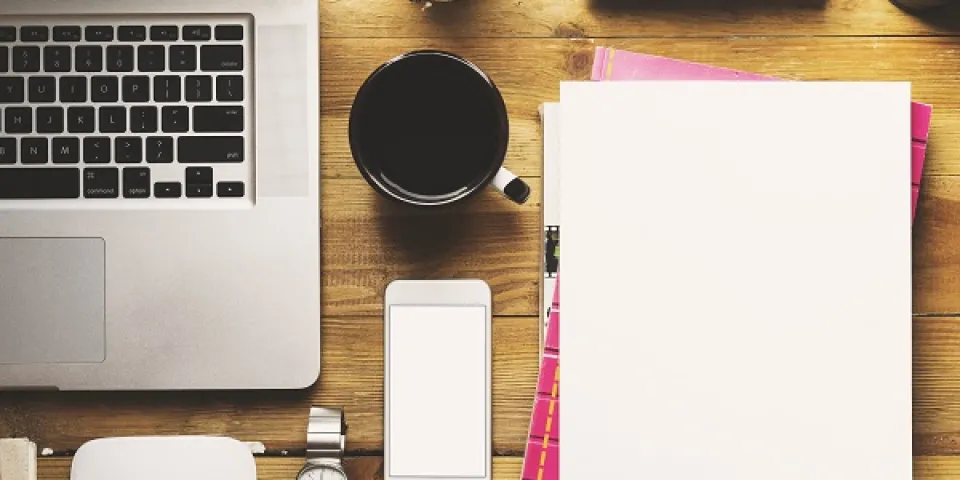Latest 
 Career Development Denise Alexander
Career Development Denise Alexander
Recent Blog Posts


As a college student, your study space is your sanctuary. But in order to do your best work, you need to limit your distractions and make it easy to find what you need.
Frequent interruptions can significantly decrease your productivity. In fact, it takes an average of 23 minutes for individuals to fully refocus after getting distracted.
Here’s how you can organize your space to get more done:
One of the hardest parts about studying is not getting distracted. It is important to find a place for your phone that is out of reach, out of sight and out of mind. A recent study found that simply the presence of a smartphone can reduce an individual’s ability to focus. In the study, college students who left their phones in another room performed better on cognitive exams than students who merely silenced their phones and kept them on the desk.
It’s best to put your phone nearby but not within sight, such as a drawer or backpack. If you are worried about missing an emergency call, consider putting your phone on “Do Not Disturb” mode or only allow it to ring for phone calls. Chances are, if something important happens, someone will call you.
An easy way to organize your materials and coursework is to pick a color for each class. For example, if you chose the color blue to represent your psychology course, your binder, folder and notebook would all be in that color. This system can help you find important papers right away, preserving your studying time.
Make sure to always have sharpened pencils and/or functional pens ready. Once you sit down to study, you want to avoid wasting time to search for writing materials. The quicker you can start working, the sooner you’ll finish.
One of the most frustrating distractions when you’re on a roll with an assignment is to get the “low battery” notification on your laptop. You have to stop what you’re doing, go find your charger, plug it in to the wall and your computer and then try to pick off where you left off. It’s best to keep your chargers near your study space, which helps when you need to pack them up if you’re going to school or library. If you have moved them elsewhere, make sure to bring them by your study space before you start working.
When you are finished with your work, restore your area back to its original condition. It is important to do this so that you can get straight to work the next time you study; you don’t need to waste time cleaning up your mess from last time. Research has shown that there is a correlation between clutter and reduced productivity. By reducing clutter, you can decrease distractions and get more done. If you put all of your writing utensils back where they came from, pack up your papers and binders, wrap up any unnecessary cords and do whatever you can to reduce clutter, it will save you time and energy in the future.
BLS pay estimates calculate the median annual wage for various occupations. Per the BLS the median wage for an occupation is: "The wage at which half of the workers in the occupation earned more than that amount, and half earned less. Median wage data are from the BLS Occupational Employment and Wage Statistics survey." Bureau of Labor Statistics (BLS), U.S. Department of Labor, Occupational Outlook Handbook 2024. BLS median wage estimates do not represent entry-level wages and/or salaries. Multiple factors, including prior experience, age, geographic market in which you want to work, and degree level and field, will affect career outcomes, including starting salary and earnings as an experienced employee. Herzing neither represents that its graduates will earn the median salaries calculated by BLS for a particular job nor guarantees that graduation from its program will result in a job, promotion, particular wage or salary, or other career growth.
Get the latest news you need to know, from study hacks to interview tips to career advancement. Have it delivered right to your inbox biweekly.